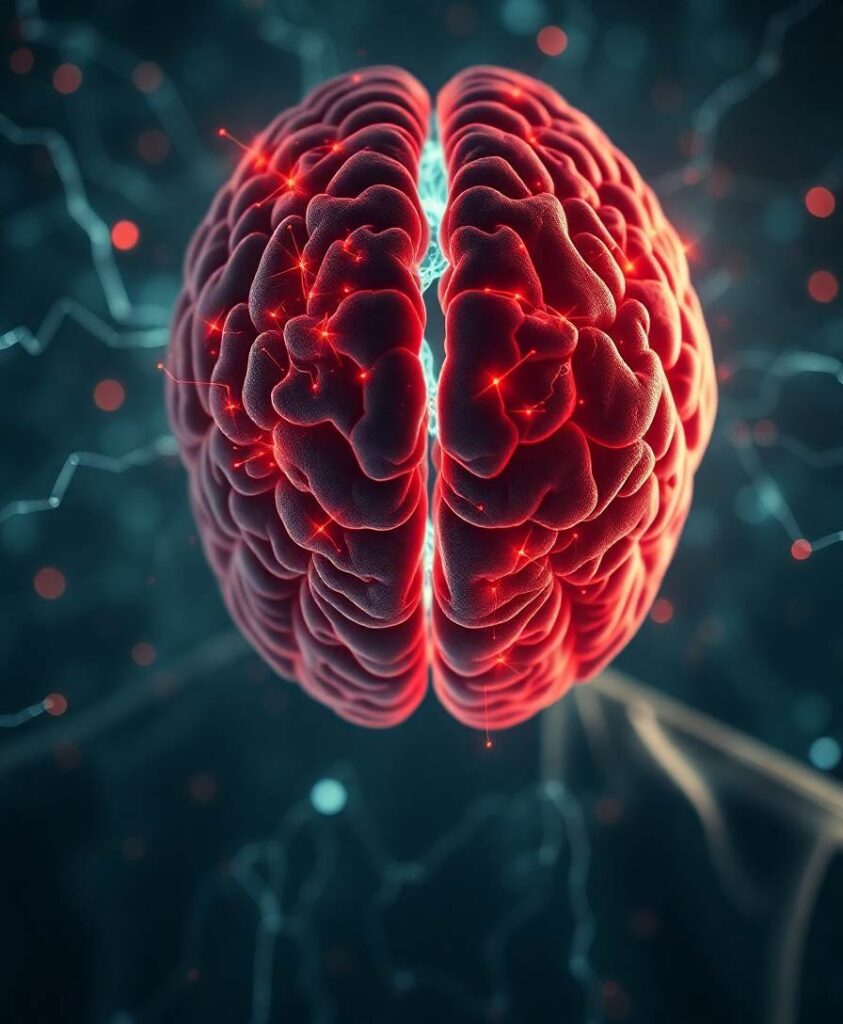For decades, doctors and scientists have known that exercise is important for older adults — it can lower risk for cardiac issues, strengthen bones, improve mood and provide other benefits. Likewise, mindfulness training reduces stress, and stress can be bad for the brain, so many have thought that exercise and/or mindfulness training might improve brain function. In a large study, researchers had hypothesized that if older adults exercised regularly, practiced mindfulness or did both, there might be cognitive benefits — but that’s not what they found.



